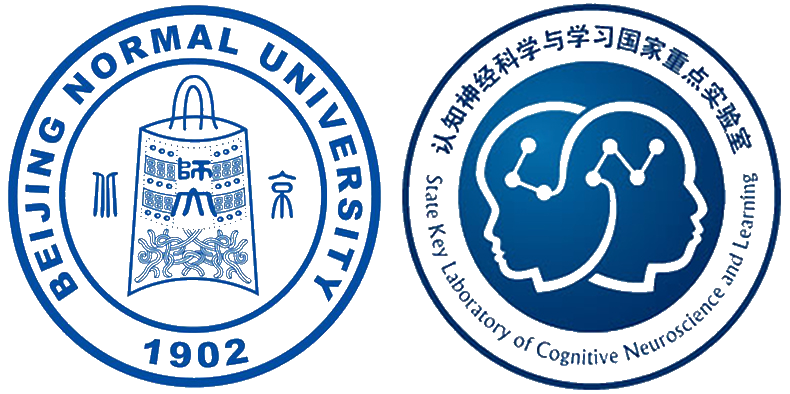PI
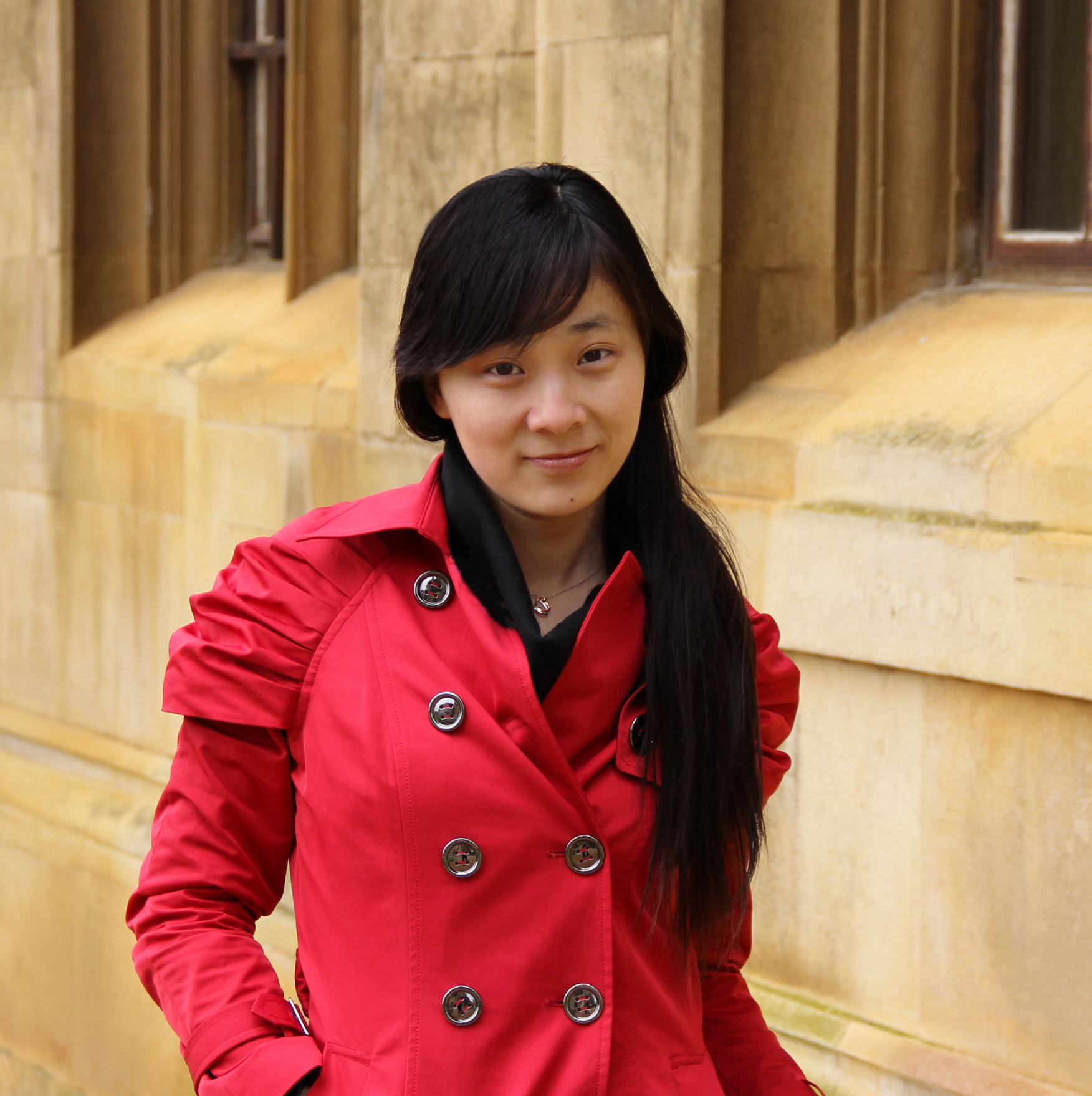
Yina Ma
Dr. Yina Ma is currently the director of Social & Affective NeuroPharmacology (SANP) Lab, Principal Investigator and full professor at State Key Laboratory of Cognitive Neuroscience and Learning, and IDG/McGovern Institute for Brain Research, Beijing Normal University. She obtained her Ph.D. degree in Cognitive Neuroscience at Peking University in 2012, and was a Research Scientist at Dartmouth College and Johns Hopkins University from 2012 to 2015. Integrating neuroscience techniques, pharmacological challenge, computational modeling and disorder models, her research group aims to elucidate the neurobiological mechanisms underlying social decision-making during interpersonal and intergroup interactions and to reveal how the mechanisms are altered. These findings have been published on high-profile journals such as Nature Neuroscience, PNAS, Molecular Psychiatry, Brain, Trends in Cognitive Sciences, Cerebral Cortex, Neuropsychopharmacology, British Journal of Psychiatry, etc. She is elected member of the Executive Committee at the Social and Affective Neuroscience Society, and currently serving at the editorial boards of Emotion, Social Cognitive and Affective Neuroscience. The long-term goals of the SANP Lab are to uncover the central neurobiological determinants of human social behaviors, and to integrate its empirical findings with public mental health issues to promote wellbeing, social functioning, and treatment for related mental disorders.
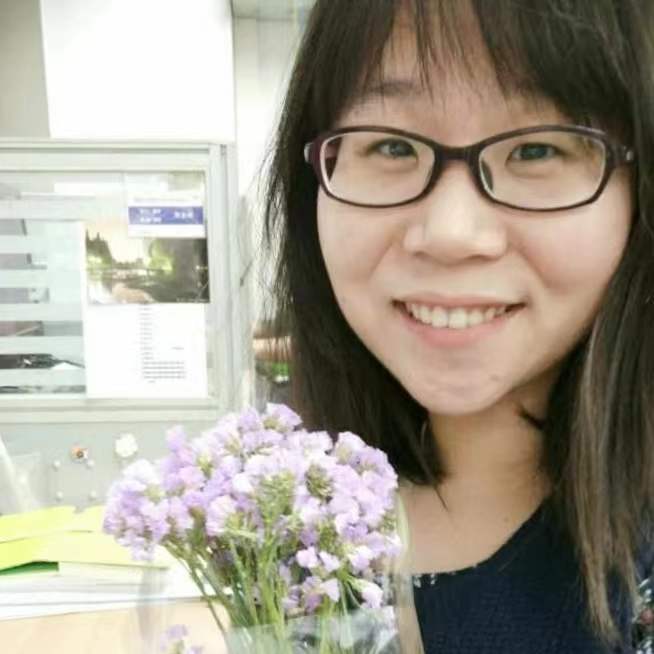
Jiaxin Yang
Jiaxin Yang received her PhD degree of Psychology from Beijing Normal University. She is interested in crowd cognition and particularly excited about how and why individual and group interactions can improve (or undermine) collective decision-making. Integrating neuroscience techniques (e.g. fNIRS-hyperscanning, fMRI, intracranial EEG), computational modeling, and neuropharmacological modulation, she aims to characterize the interpersonal cognitive and neural mechanisms underlying wise and madding crowds.
Email: y_angjiaxin{at}126.com
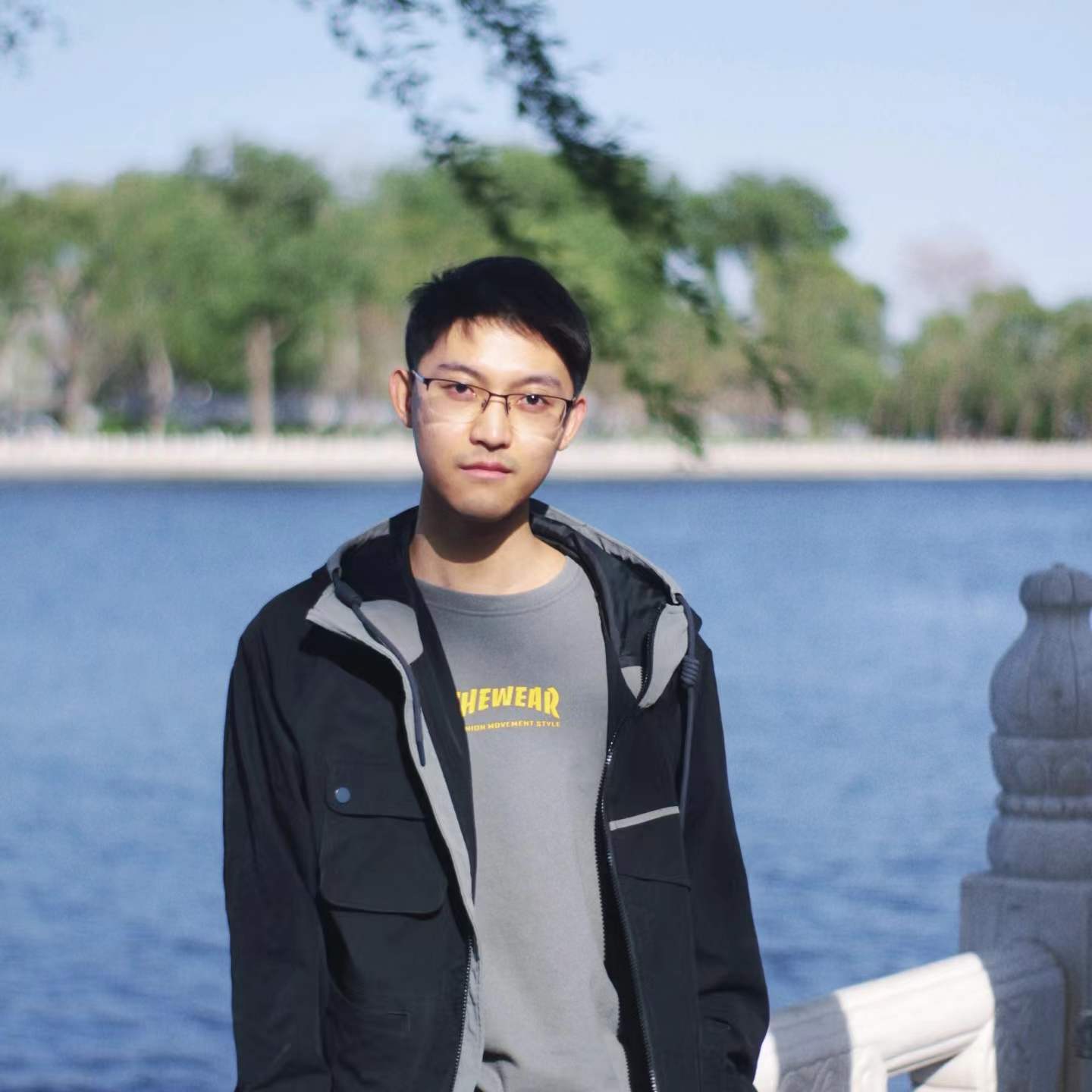
Xiaoyu Zeng
Xiaoyu Zeng received his Bachelor's degree of psychology from Zhengzhou University. His main interest lie in the human decision making under conflict (e.g., self-control that invovles conflict between short-term temptation and long-term goal). Integrating neuroscience techniques (e.g., fMRI, intracranial EEG), computational modeling and neuropharmacological modulation, he aims to unveil the neurocognitive mechanisms of how people make difficult choices in conflict, and to help people resolute such conflict and make better choices.
Email: xiaoyuzengpsy{at}gmail.com
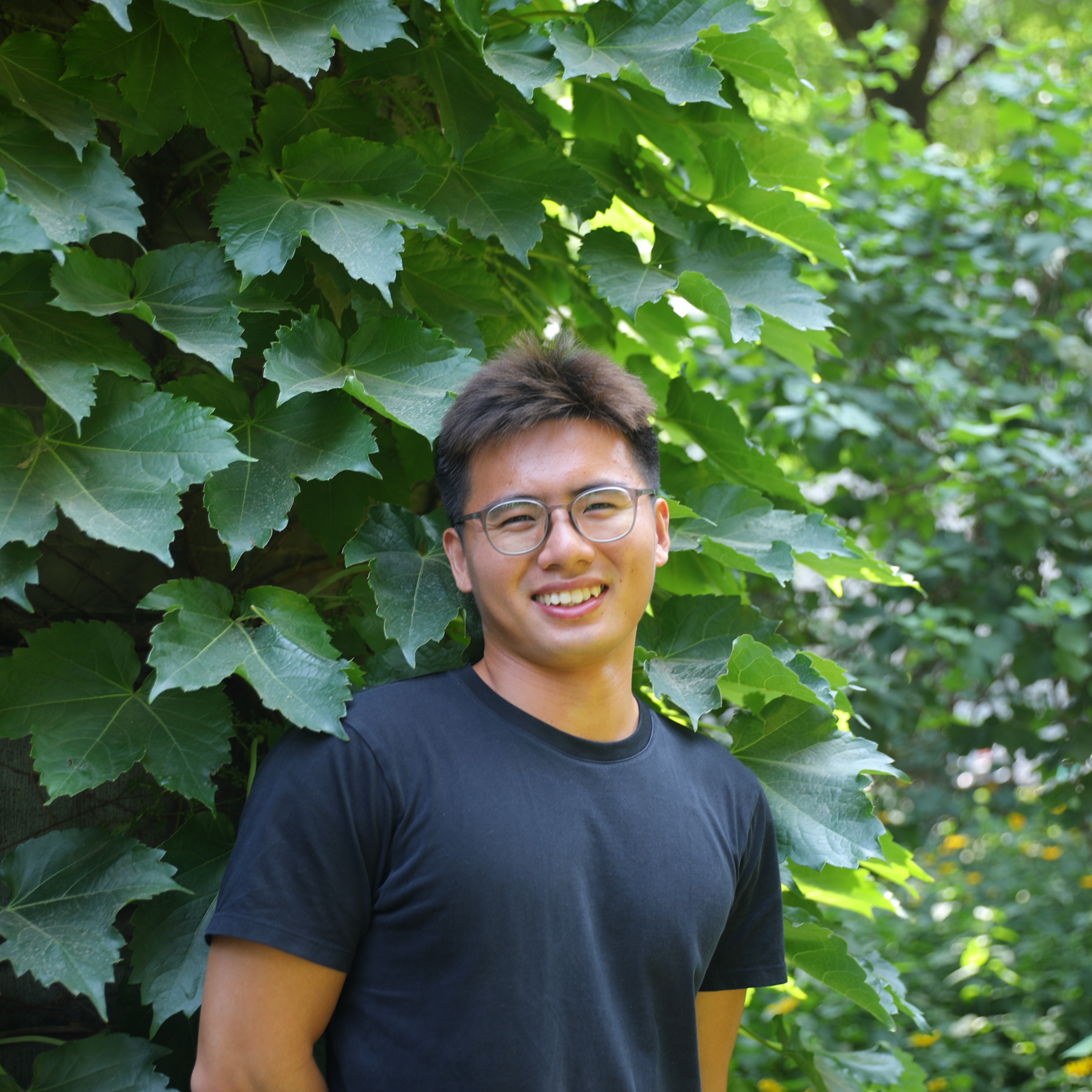
Jun Ni
Jun received his BS degree in Biomedical Engineering from Southeast University. He is generally interested in how human beings make social decisions during dynamic interactions. He has research experience in psychological experiment, computational modelling and neural imaging analysis. See his profile.
Email: junnisanp{at}gmail.com
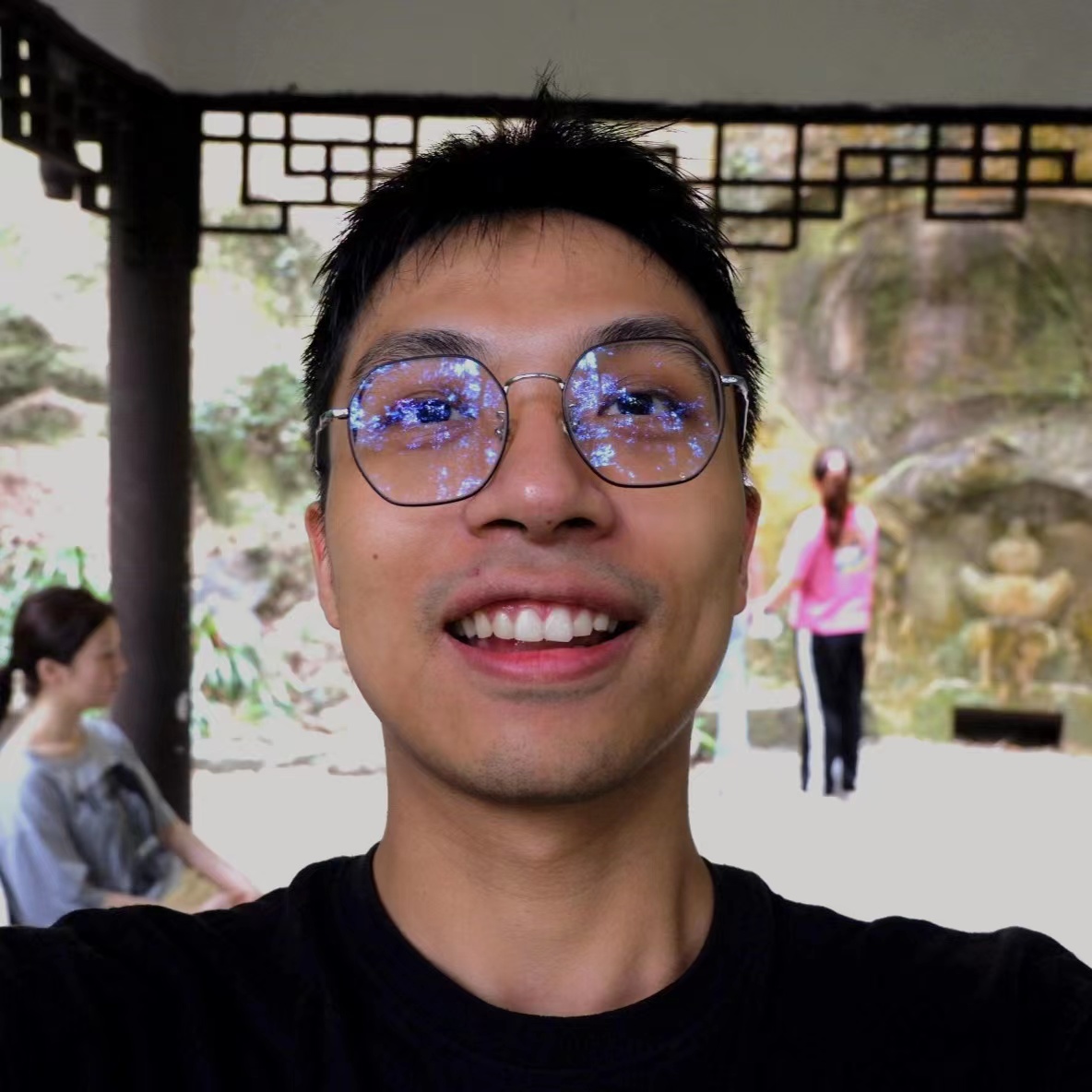
Yuchi Yan
Yuchi Yan received his Master’s degree of Applied Psychology from Southwest University. He is primarily interested in how the human brain forms narrative understanding from perceptual information and how past information influences the understanding of future events.
Email: asdyanyuchi{at}icloud.com

Hui-xin Tan
Hui-xin Tan has received her Bachelor’s degree of psychology in Sun Yat-sen university. She currently works on using intracranial EEG to investigate the neural dynamics about empathy and social decision making. She is particularly interested in interregional communications underlying social decision making.
Email: tanhuixin{at}mail.bnu.edu.cn
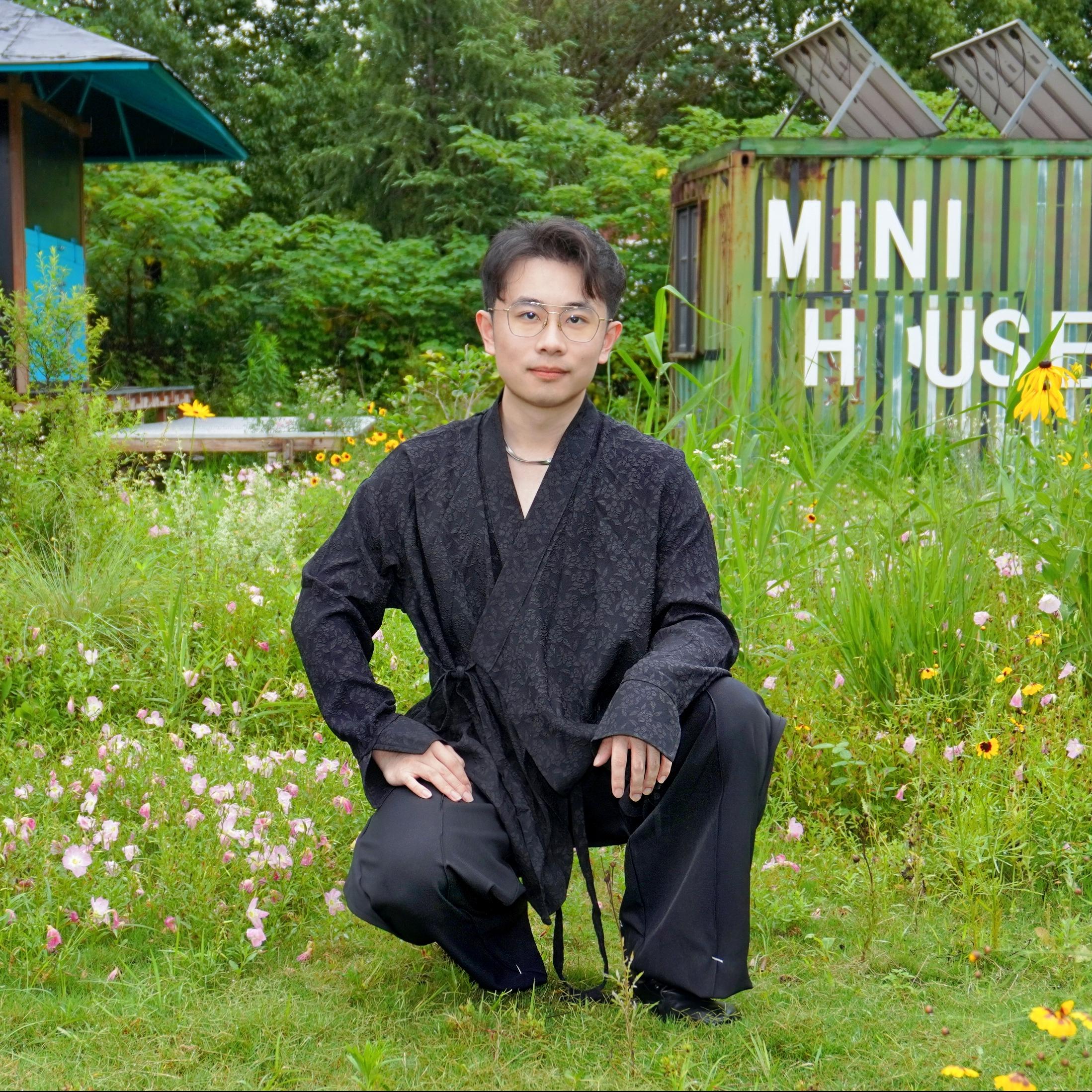
Zhenhua Zhao
Zhenhua Zhao earned his Bachelor's and Master's degrees in Psychology at Soochow University. Currently, he is interested in employing intracranial electroencephalography(iEEG) techniques and mathematical modeling to investigate collaborative division of labor. He is dedicated to applying the discovered cognitive mechanisms and models to the development of multi-agent interaction algorithms.

Huanjia Li
Huanjia Li received her Bachelor’s degree in psychology at Southwest University. She is primarily interested in unveiling the psychological and neural underpinnings of social decision-making, by integrating behavioral, computational, and neuroimaging methodologies. Currently, she is engaged in investigating trusting behaviors and the corresponding neural mechanisms using intracranial EEG.
Email: huanjiali_sanp{at}outlook.com
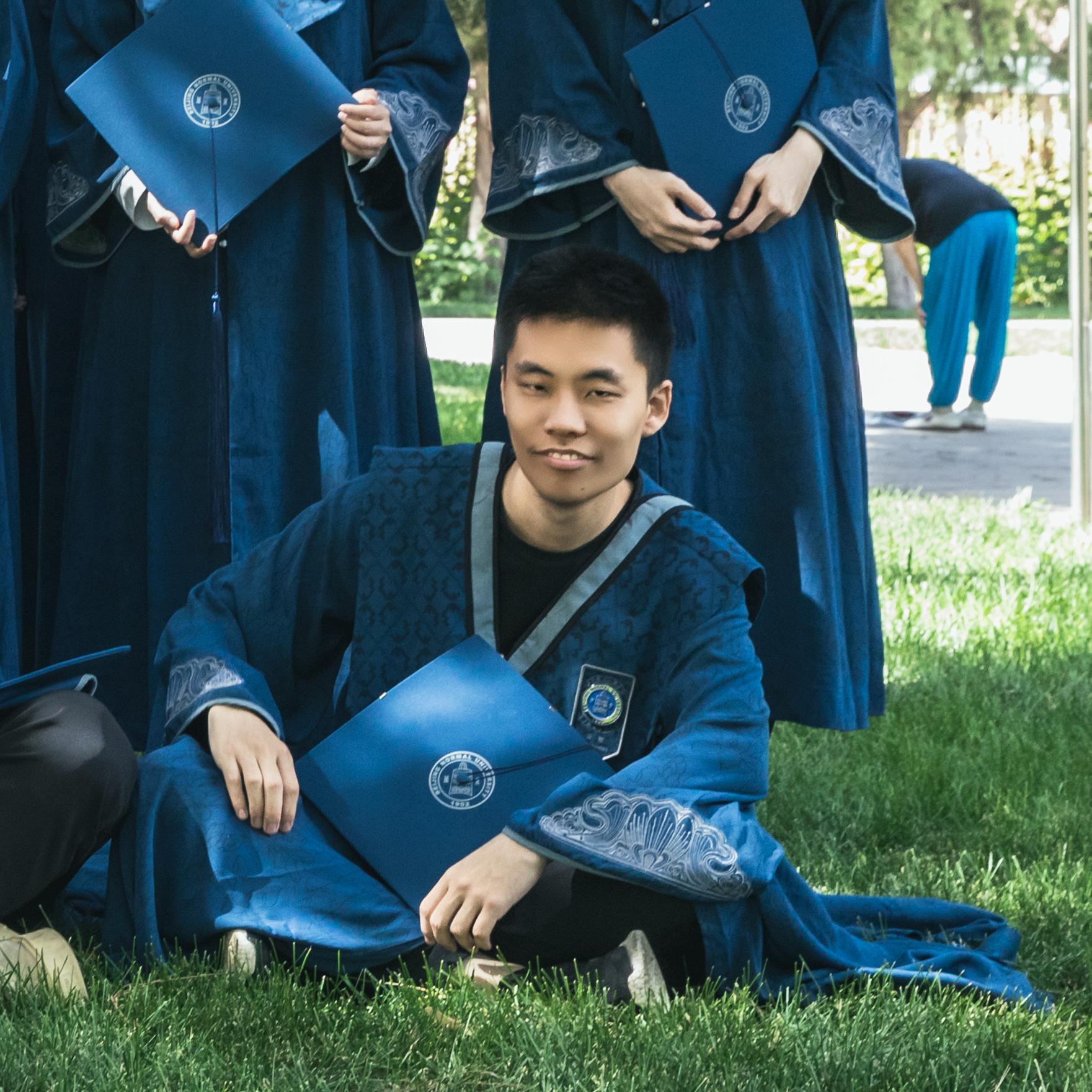
Yuan Qi
Yuan Qi recived his bachelor's degree in psychology from Beijing Normal University. He is currently interested in continuous and complex cooperative behaviors, and hopes to explore the dynamic changes of cooperation and defection as well as their neural mechanisms through behavioral modeling and neuroscientific techniques such as intracranial EEG.
Email: qi.yuan{at}mail.bnu.edu.cn
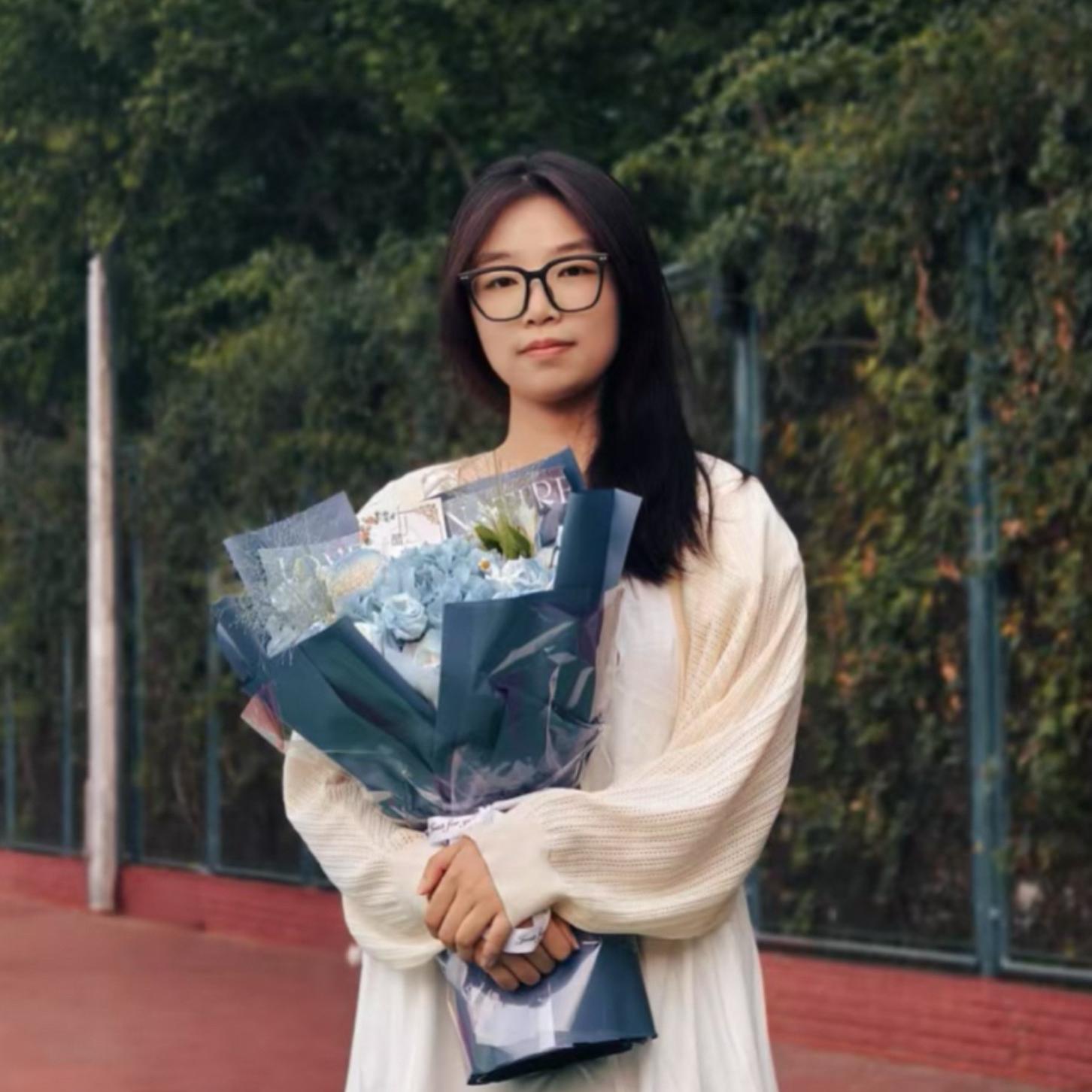
Guoxuan Xie
Guoxuan Xie received her Bachelor's degree in Psychology from Beijing Normal University. She is currently conducting research using intracranial EEG and computational modeling to investigate the neural dynamics underlying human prosocial and selfish behaviors.

Jiayi Geng
Jiayi Geng received her Bachelor's degree in Psychology from Hebei University. She is currently conducting research using intracranial EEG and computational modeling to explore the neural mechanisms of decision-making during social interactions.
